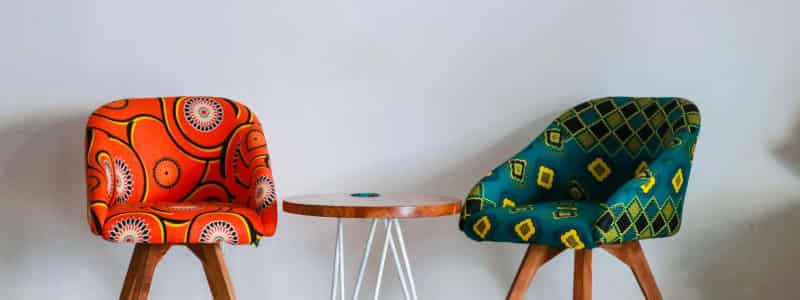The Australian furniture market has been in a steady growth phase for decades. In fact, it’s projected to be worth $14 billion within 2 years. Running a furniture business requires creativity – but you’ll also need to know your way around a saw machine. In this article, we’ll outline how you can get started.
Decide on a business structure
In Australia, there’s 3 main types of business structure you can choose to run your business through. It’s important to know that each structure carries with it different tax obligations, rights and fees.
Sole trader (or sole proprietor)
Firstly, you can start your business as a sole trader which is an inexpensive and simple way to start out. To be a sole trader, you need to apply for an Australian Business Number (ABN), and your business will be registered to your personal name. Due to this, you’ll also be taxed on an individual basis (under your personal Tax File Number (TFN), which can end up being more costly if your business generates high revenue. Because your business will be an extension of yourself, all debts and liabilities will be attached to you. So if your business gets into debt, you’ll have to cover this with your personal finances. Another important element here is that your business’s name will be your legal name. If you want to trade using a business name, you will have to register for one separately.
Partnership
Partnerships are not too dissimilar from sole traders, aside from the fact that you’ll be going into business with another person (or multiple people, so long as they do not exceed 20). A partnership arrangement means that you and your partner will share in the business’s profits and also be equally liable for tax and any debts that may arise. To start a partnership, you’ll need to apply for an Australian Business Number (ABN), however your partnership will also need to register for its own Tax File Number (TFN). Similar to sole traders, the name of a partnership is the legal names of all partners. If you want to trade under a commercial name, you’ll need to register a business (trading) name.
It’s also important here to have a partnership agreement in place, so that you and your partner are both on the same page when it comes to the business, and so that you have a plan in place if your partner decides to leave or if you decide to terminate the agreement.
Company
A company structure is significantly different to that of being a sole trader or in a partnership. Different to both of these, companies are considered separate legal entities from the people behind them. This means that if your company becomes indebted, these won’t attach to you personally (unless you sign a directors’ guarantee). Companies also have the advantage of paying a separate tax rate to individuals, meaning that businesses making a lot of money will pay less tax.
Registering a company means you also get to choose the name, though it will usually end in the suffix ‘Pty Ltd’ – indicating that the company is privately owned. Companies can be registered easily online, though they command a higher fee than their sole trader and partnership counterparts. Further, you’ll need to ensure you’re complying with ASIC requirements by reporting your finances accurately and fulfilling your duties as a company officeholder.
Find your style
Decide what kind of furniture you will create, such as home furnishings, office furniture or cabinetry. You should also include the materials you intend to use, such as wood, metal or upholstery. Alternatively, you should also decide whether you want to sell to residential, resort or commercial customers. This will allow you to determine your target market and therefore choose the direction of the business.
Get a workshop
Building furniture means you’ll need a space to work out of. Many people start these types of businesses from a home workshop, then go on to rent a space once they’ve built up a solid customer base.
Source your materials
You can’t make furniture without the required materials. Decide whether you want to purchase your materials wholesale or source them yourself. Either way, having a constant supply of materials is extremely important so you can fulfil your customer’s orders as you receive them.
Conclusion
Furniture is in constant demand, particularly niche furniture which has a handmade feel to it. As the initial stages of starting a business are vital, following the steps above will help your business’s longterm success. If you have further questions about starting your business, it is worth contacting a business lawyer.







